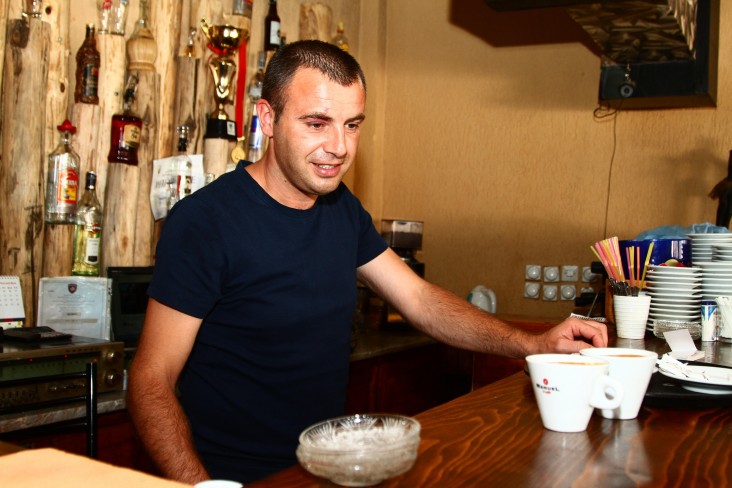
August 2016—While rapid construction after the war in Kosovo supported increased urbanization, it also resulted in many buildings that were built without a permit. This compromised the property market and contributed to insecure property tenure because unpermitted buildings cannot be registered in the cadastre or lawfully transferred, occupied or encumbered.
To help free up this “dead capital” and promote economic growth through the creation of a vibrant property market, USAID supported the Ministry of Environment and Spatial Planning (MESP) to implement the Law for Treatment of Constructions Without Permit.
Over a 10-month period in 2015, officials from 32 municipalities, the central government, and citizens identified and registered nearly 353,000 buildings that had been built without permits. Throughout this process, USAID provided support to identify resource needs, establish the legal framework, train government officials, and conduct a broad public outreach campaign.
One project involved creating a technical solution for listing unpermitted buildings. USAID helped the MESP secure resources from other donors to create the Registry of Unpermitted Constructions, a web-based geographical information system (GIS) tool that allows data to be compiled and mapped more accurately. USAID, in partnership with MESP, trained 62 officials from 27 municipalities on the system.
“On a professional level, I am very satisfied that I had a chance to participate in the training where I gained skills to use the QGIS program, which is making my work much easier,” said Maja Antić, a cadastre official in Ranilug/Ranilluk municipality.
Municipal officials used the software to enter data on the 353,000 unpermitted buildings following a major public campaign and Legalization Day on Jan. 12, 2015, when municipalities held events in their main squares to provide educational material on legalization to citizens. These events provided citizens with a unique chance to get informed and submit registration forms as a first step toward legalization of their unpermitted buildings.
In order to inform as many citizens as possible in advance of Legalization Day, MESP distributed information to 82,000 government officials and reached out to other agencies, NGOs, business organizations, and women’s groups to help spread the word. Municipalities also sent material home with schoolchildren and electricity bills, held public meetings, and conducted informational visits in villages.
As a result of these activities, registration of unpermitted buildings skyrocketed after Legalization Day, with municipalities reporting up to 1,000 citizens per day requesting registration.
“I am very happy to see our government commitment on supporting us in this process,” said Xhemajl Selman Lala, one of the first citizens to fill out a registry form on Legalization Day.
“We are considering expanding our business, but in order to do so we need bank loans. The legalized building can be used as collateral for a mortgage to help us get needed funding,” said Gazmend Zeqa, who owns a small business that employs 10 people.
USAID, through its Partnerships for Development program, is helping government officials, applicants and professionals properly handle cases and ensure that legal rights are protected. The four-year program, which started in 2014, aims to better enable Kosovo’s private sector to expand employment opportunities. The program works in partnership with the government and other partners to support Kosovo’s vision for economic growth by strengthening its institutions.
LINKS
Follow @USAIDKosovo. on Facebook, on YouTube







Comment
Make a general inquiry or suggest an improvement.